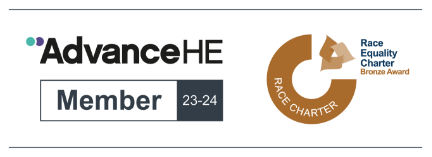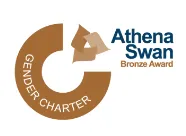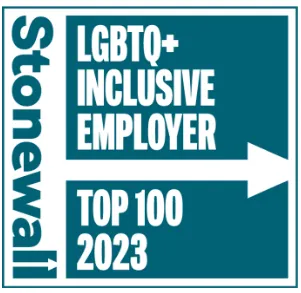/392x0:1508x817/prod01/channel_3/media/middlesex-university/courses-images/ug---course-masthead-images/2024X2f25/business-and-law/campus-hero-banner-1900X817.jpg)
Careers at Middlesex University
We value and invest in every one of our staff members, and foster a culture which inspires creativity, collaboration and growth.
Our staff make a difference to our students and to society as a whole. Whatever your role at Middlesex, you'll help take students on journeys that transform their lives.
Employee benefits
When you work here, you'll become part of an inclusive environment with an excellent employee benefits packages. Our staff can make the most of flexible hours, discounts on courses and support with childcare.
International applicants
Middlesex is a diverse, inclusive and international university which values its staff and students who come from across the globe, enriching its community and campus life. We wish to nurture the diversity of our university by continuing to attract people from across the world.
Middlesex University & MU Services Limited hold sponsorship licences enabling the sponsorship of Skilled Workers, where eligibility criteria are met. Middlesex University also holds a licence, enabling the sponsorship of those coming to the UK temporarily under a Government Authorised Exchange visa. In both cases, eligibility criteria as set out by the Home Officer, must be met.
If you are considering moving to the UK and will require a visa to do so, please see here to see the options that are available to you: Work in the UK - GOV.UK


/0x469:6720x4012/prod01/channel_3/media/intranet/content-assets/staff-communications-images/STAFF-2023-0330.jpg)
/0x349:5000x2985/prod01/channel_3/media/intranet/content-assets/staff-communications-images/088---Staff-and-students.jpg)
/0x433:6220x3713/prod01/channel_3/media/intranet/communications/announcements/Staff-in-the-Quad.jpg)
/0x469:6720x4012/prod01/channel_3/media/intranet/content-assets/staff-communications-images/STAFF-QUAD-2023-0094.jpg)


